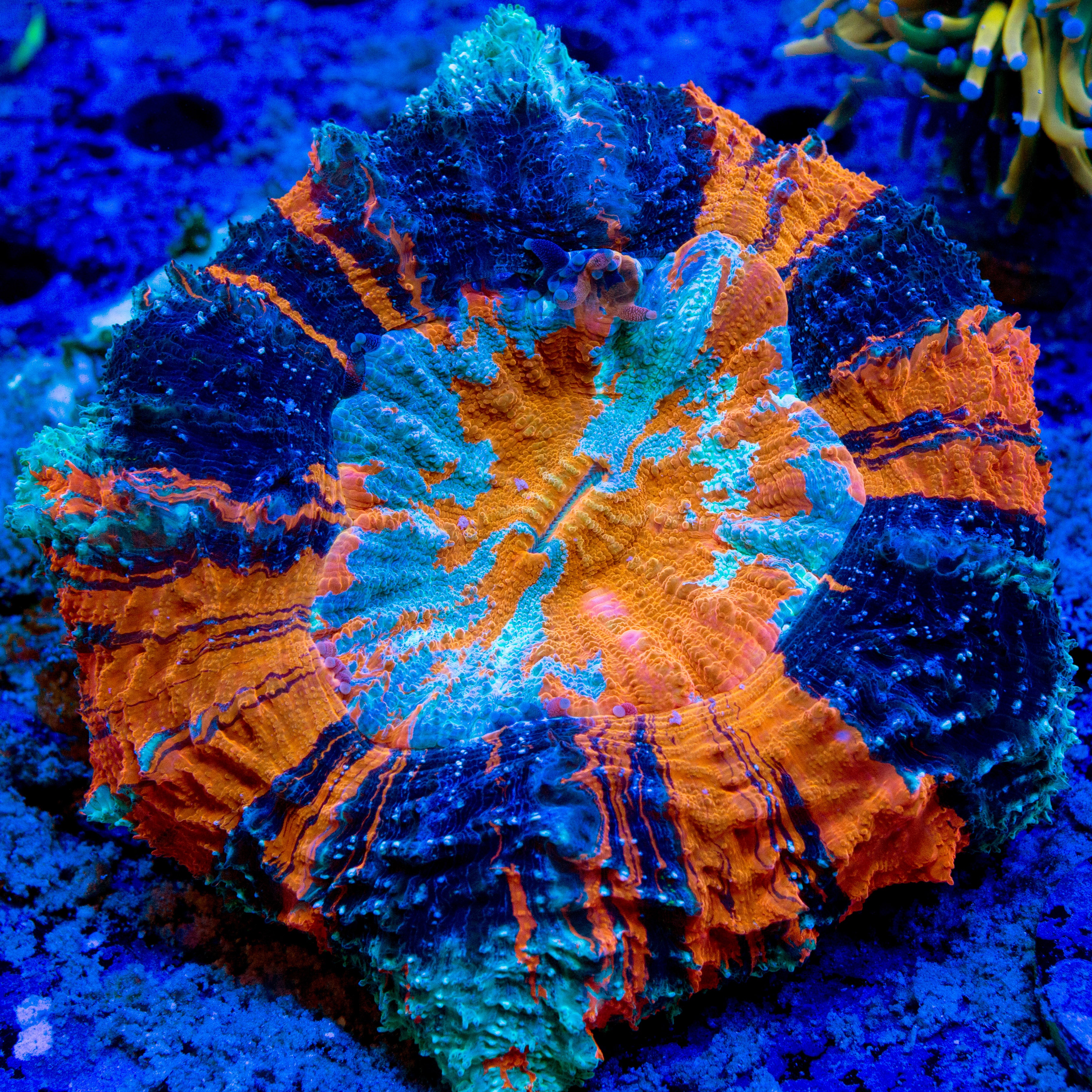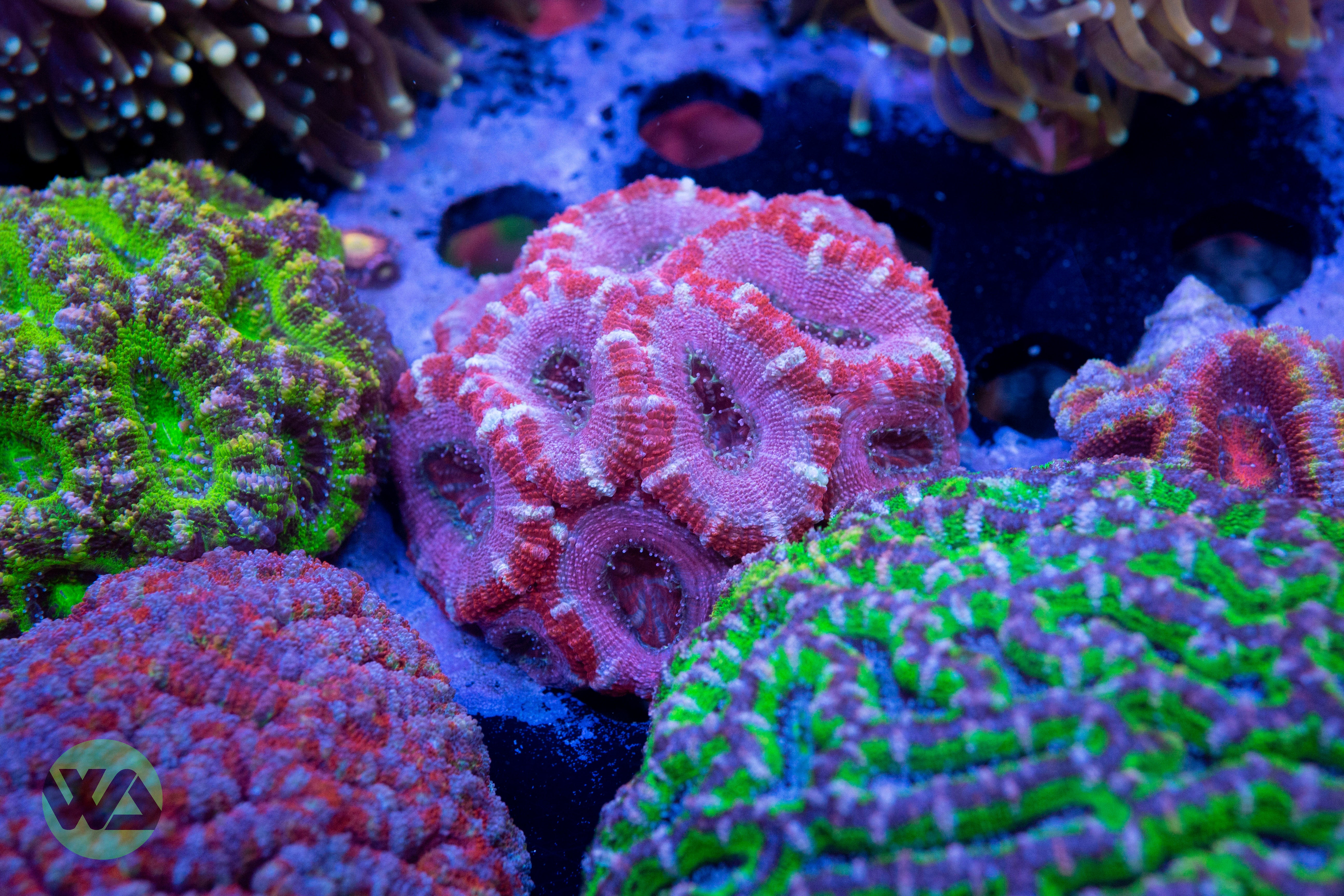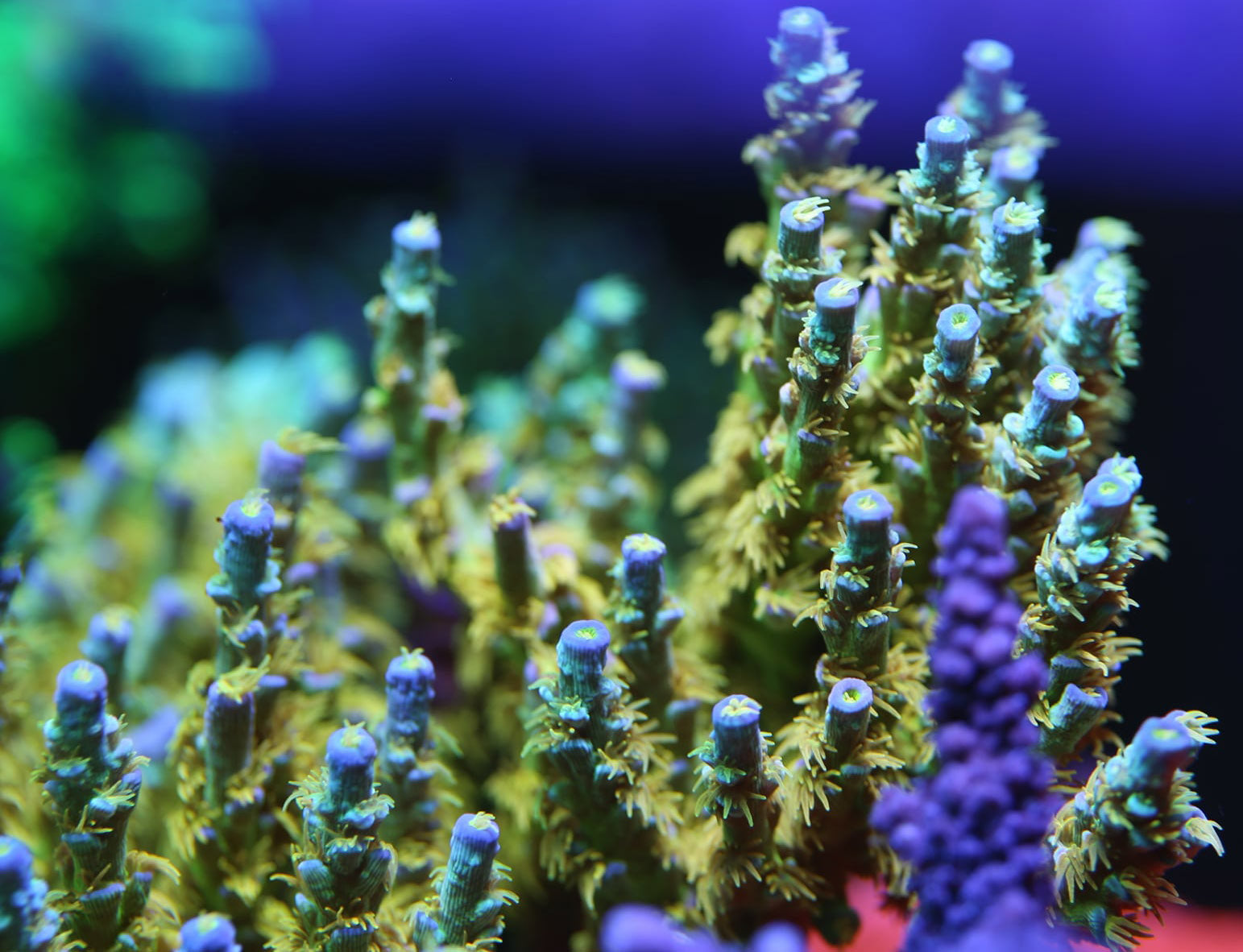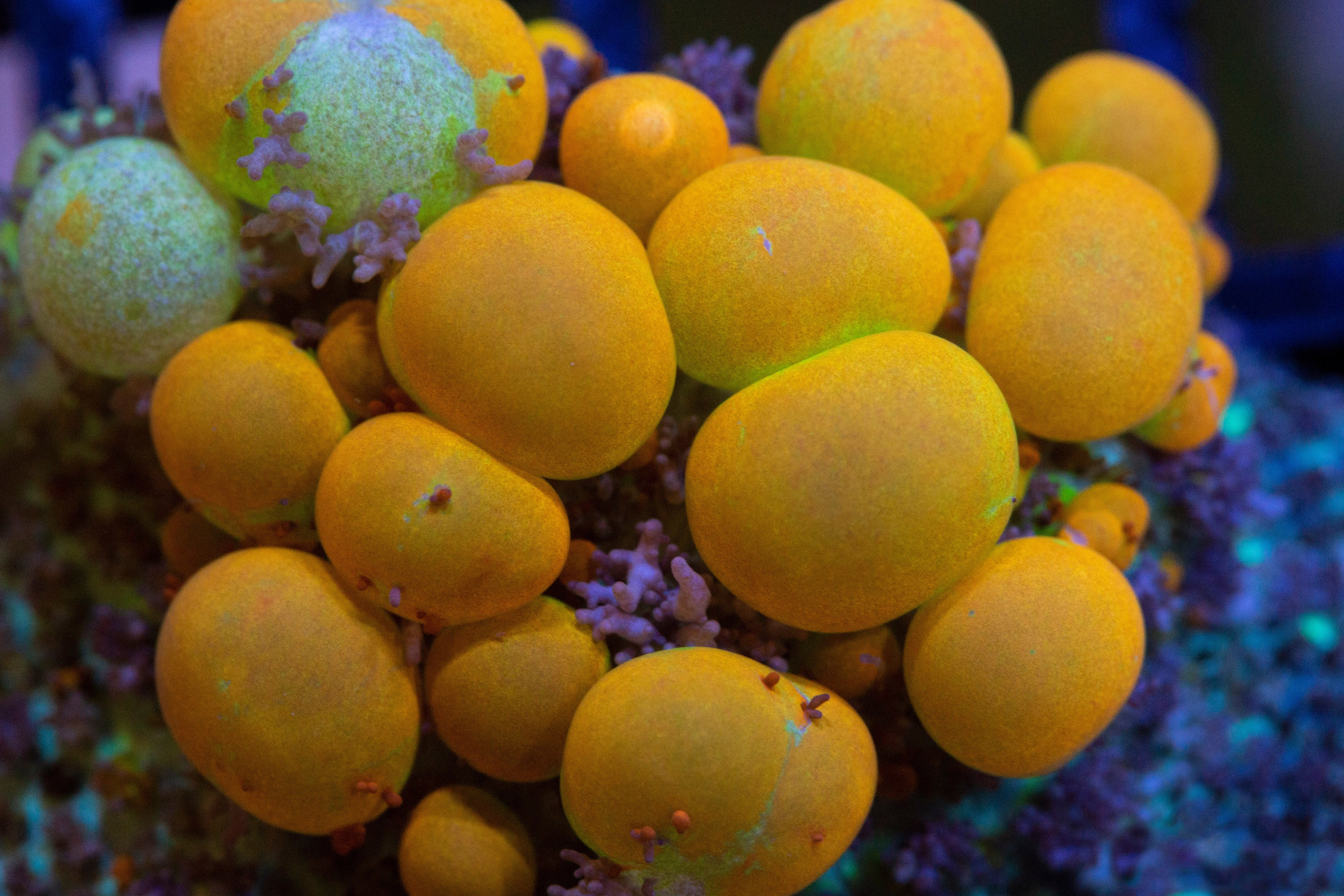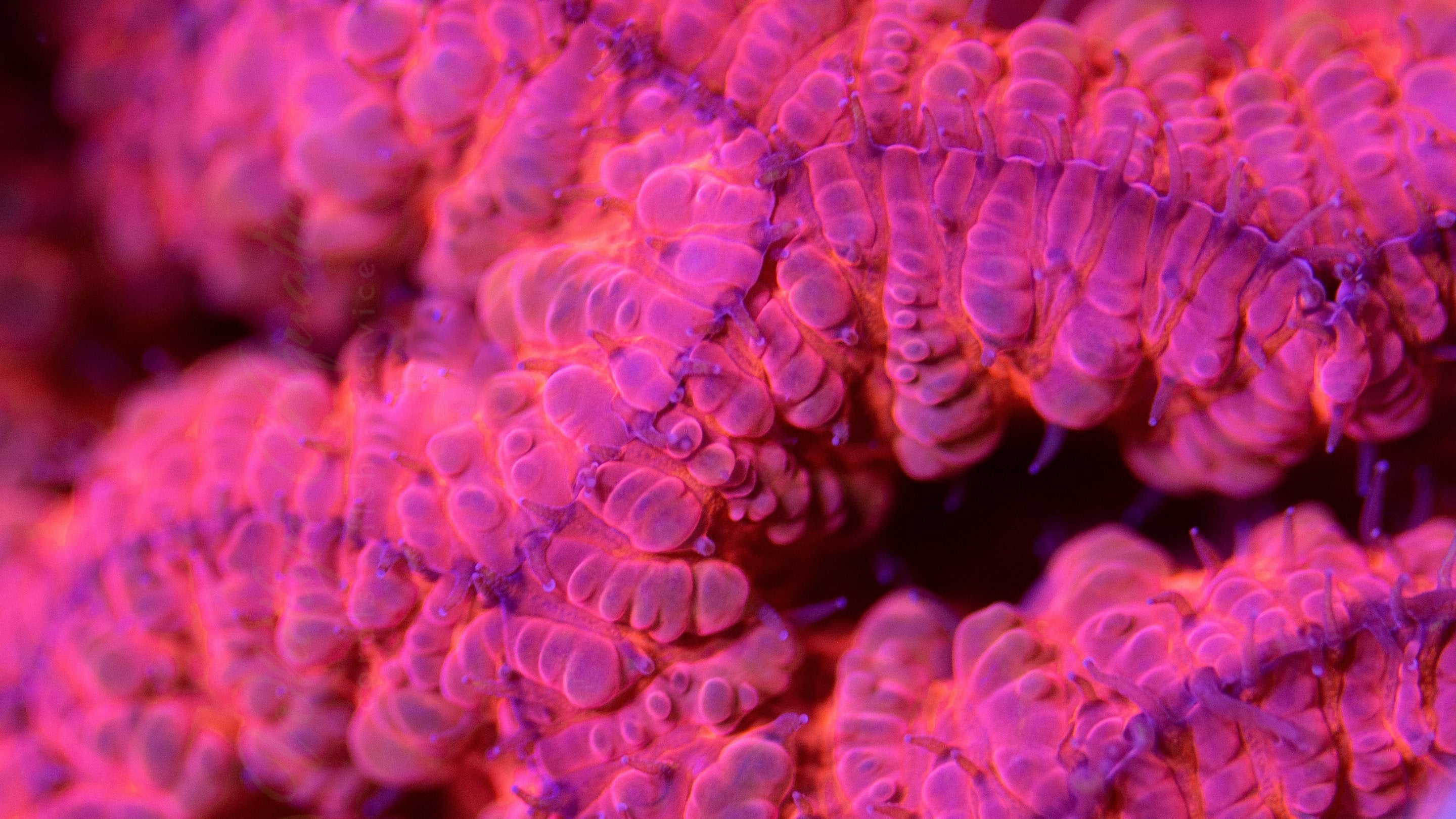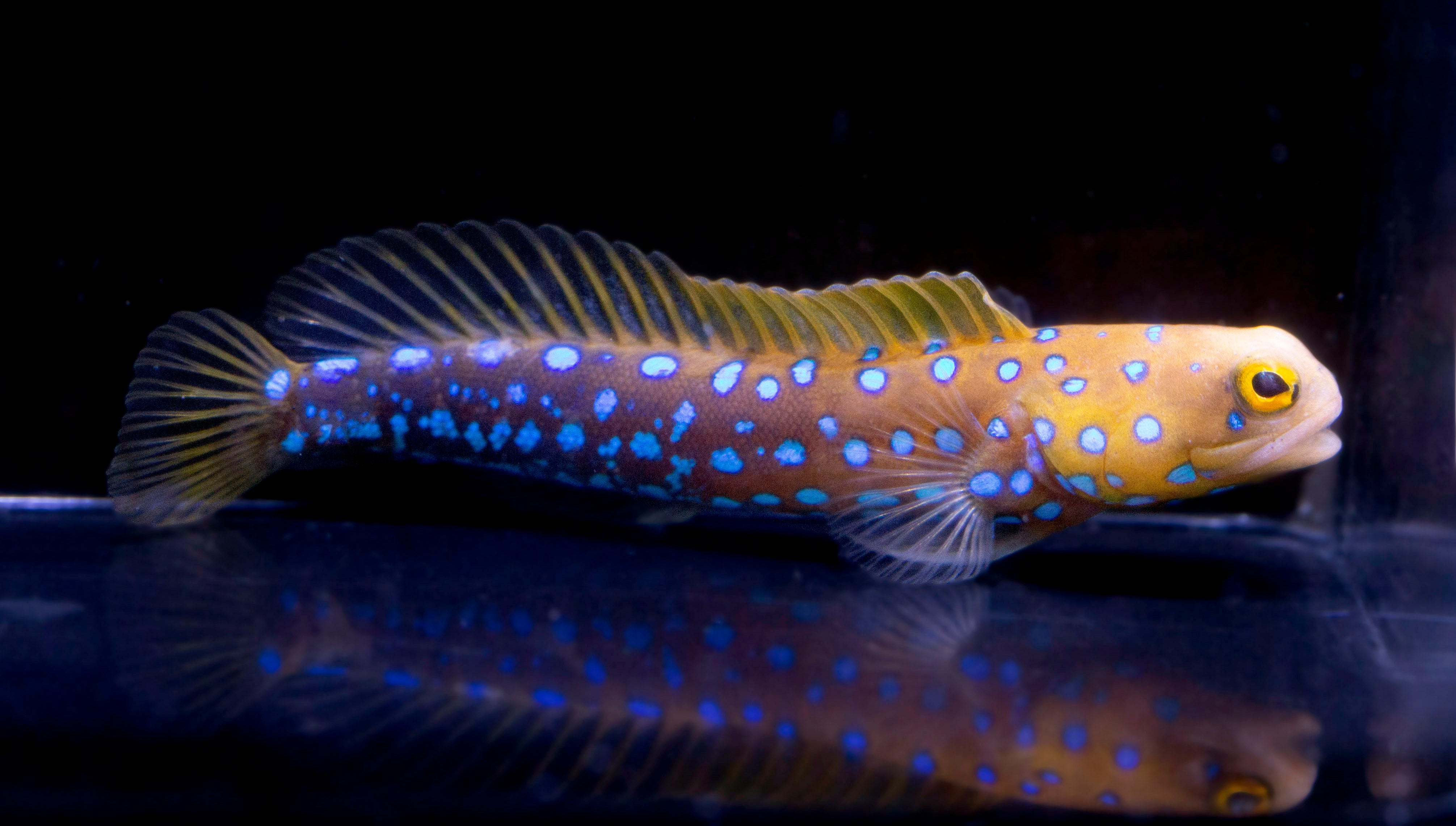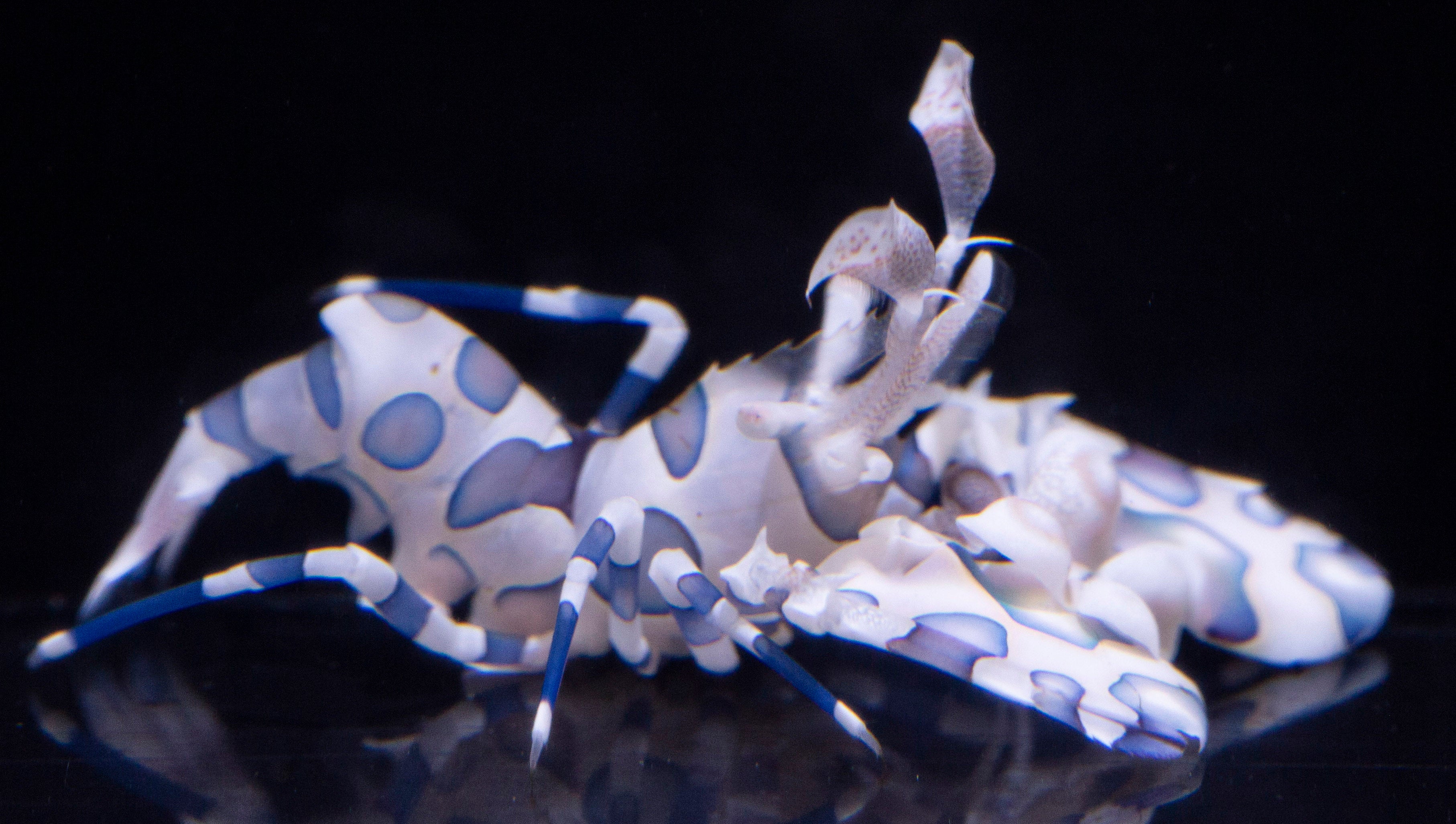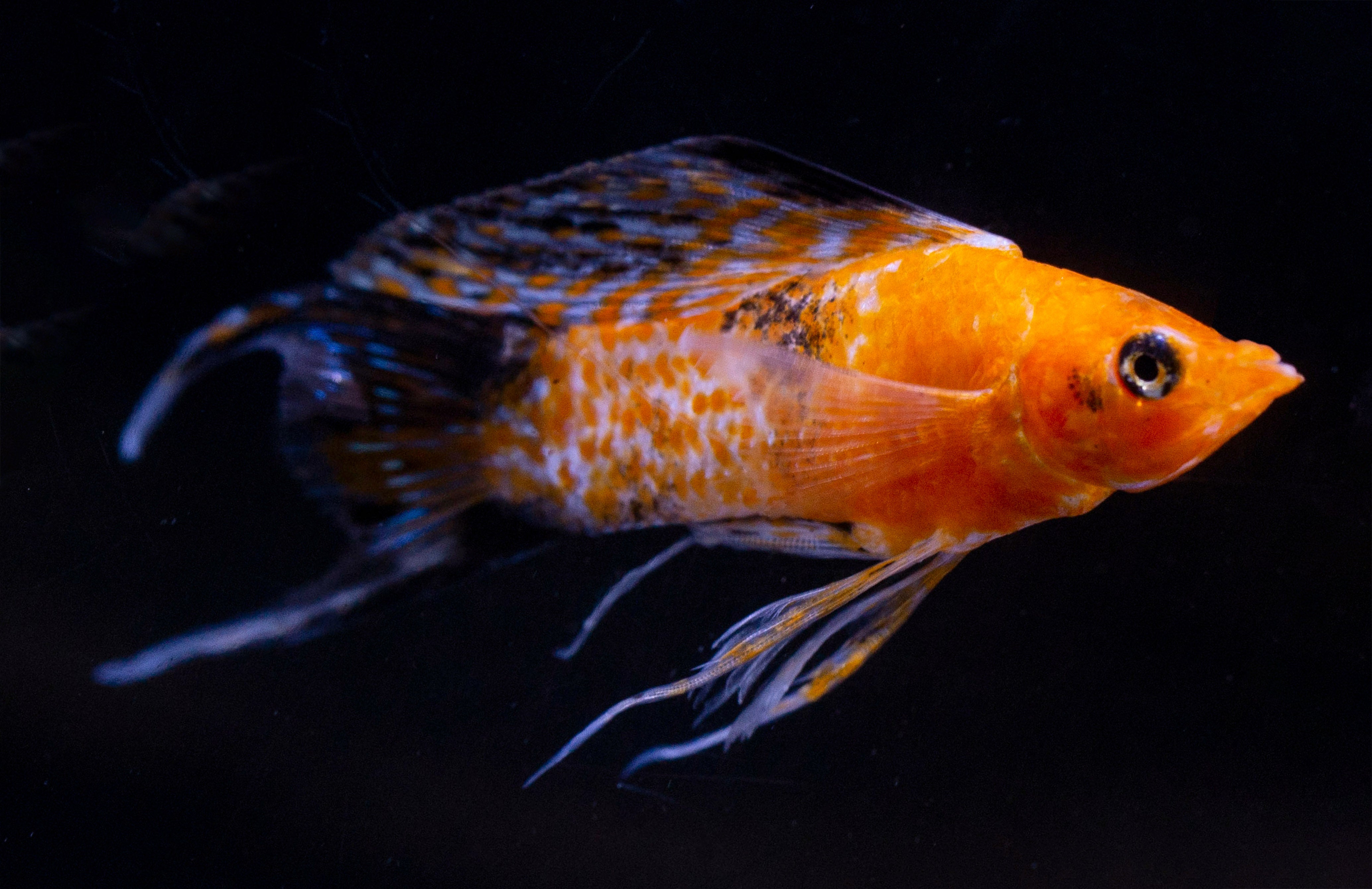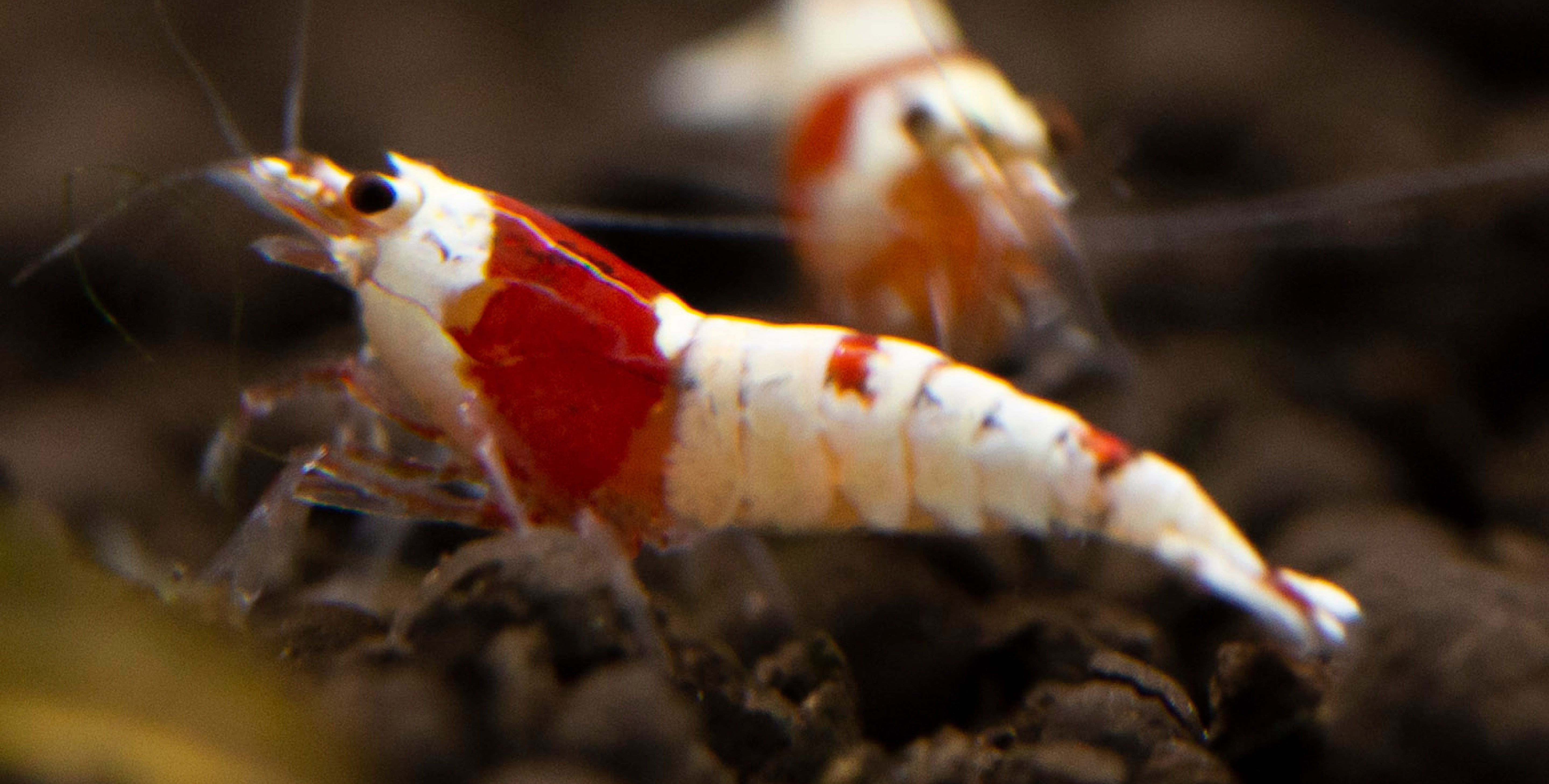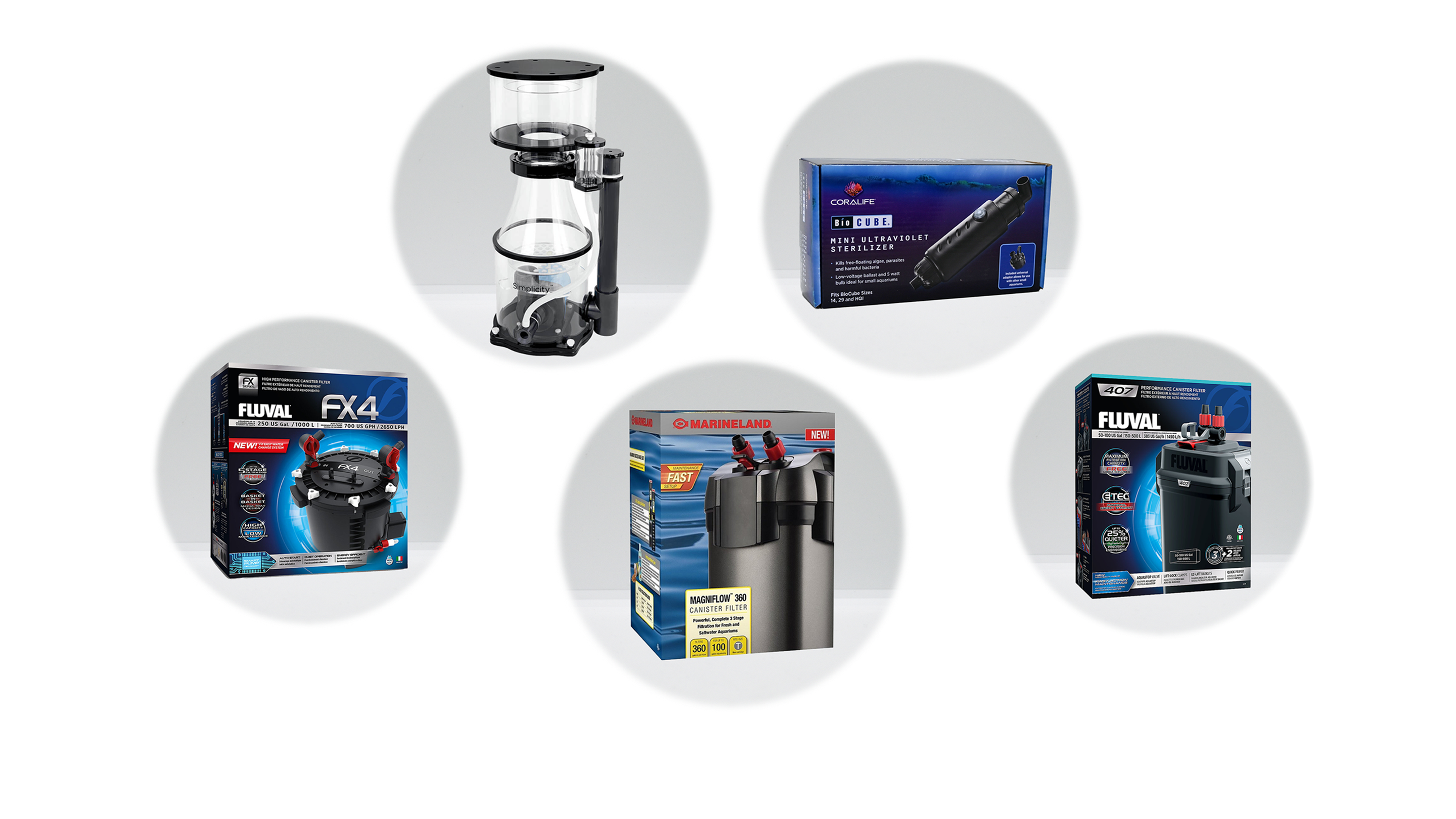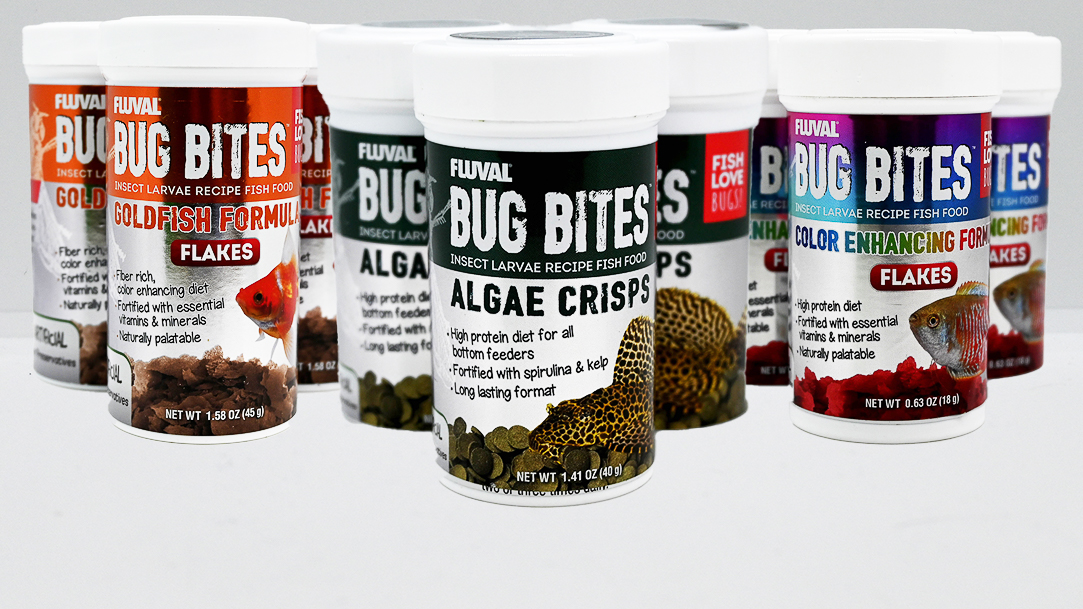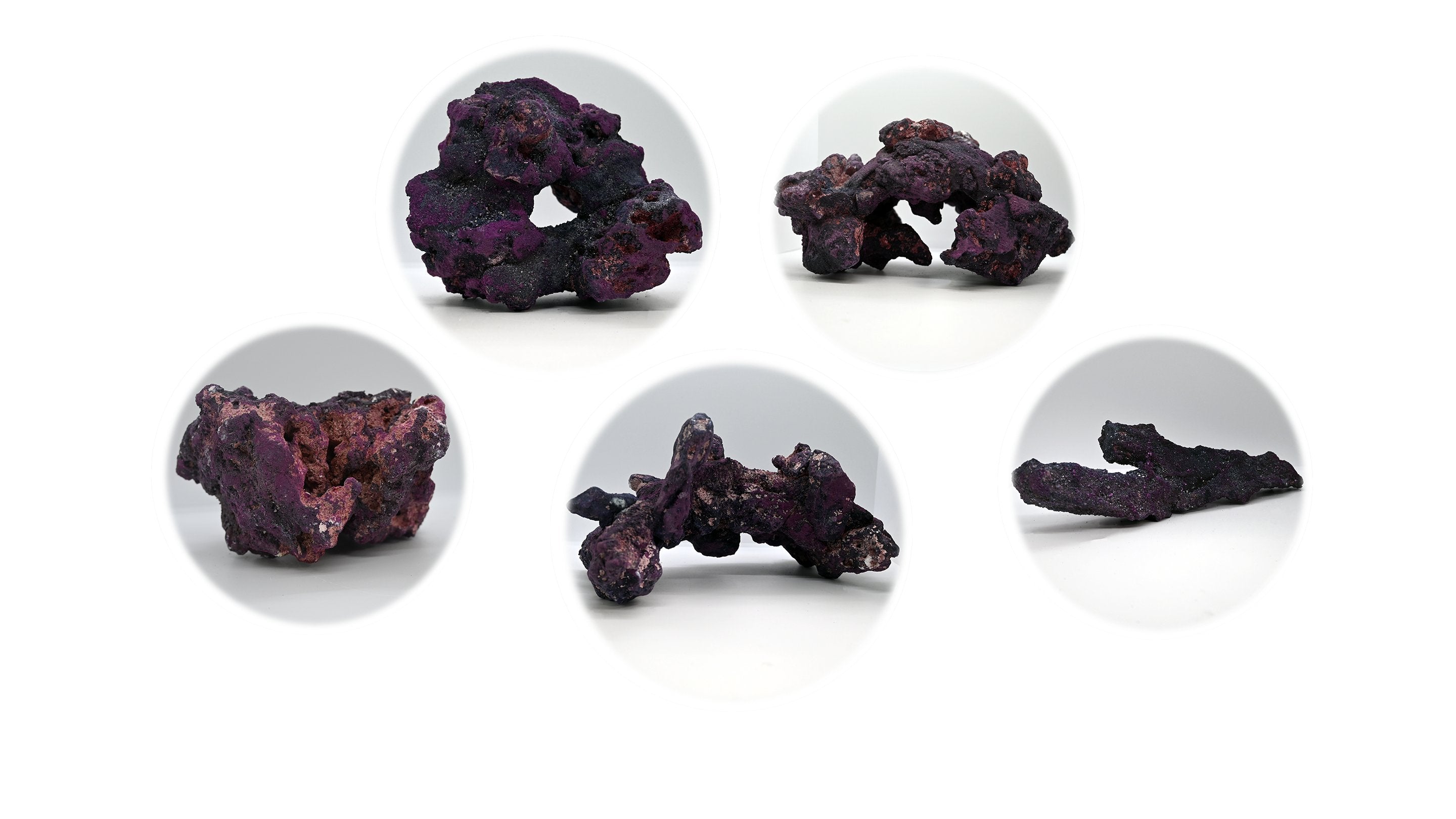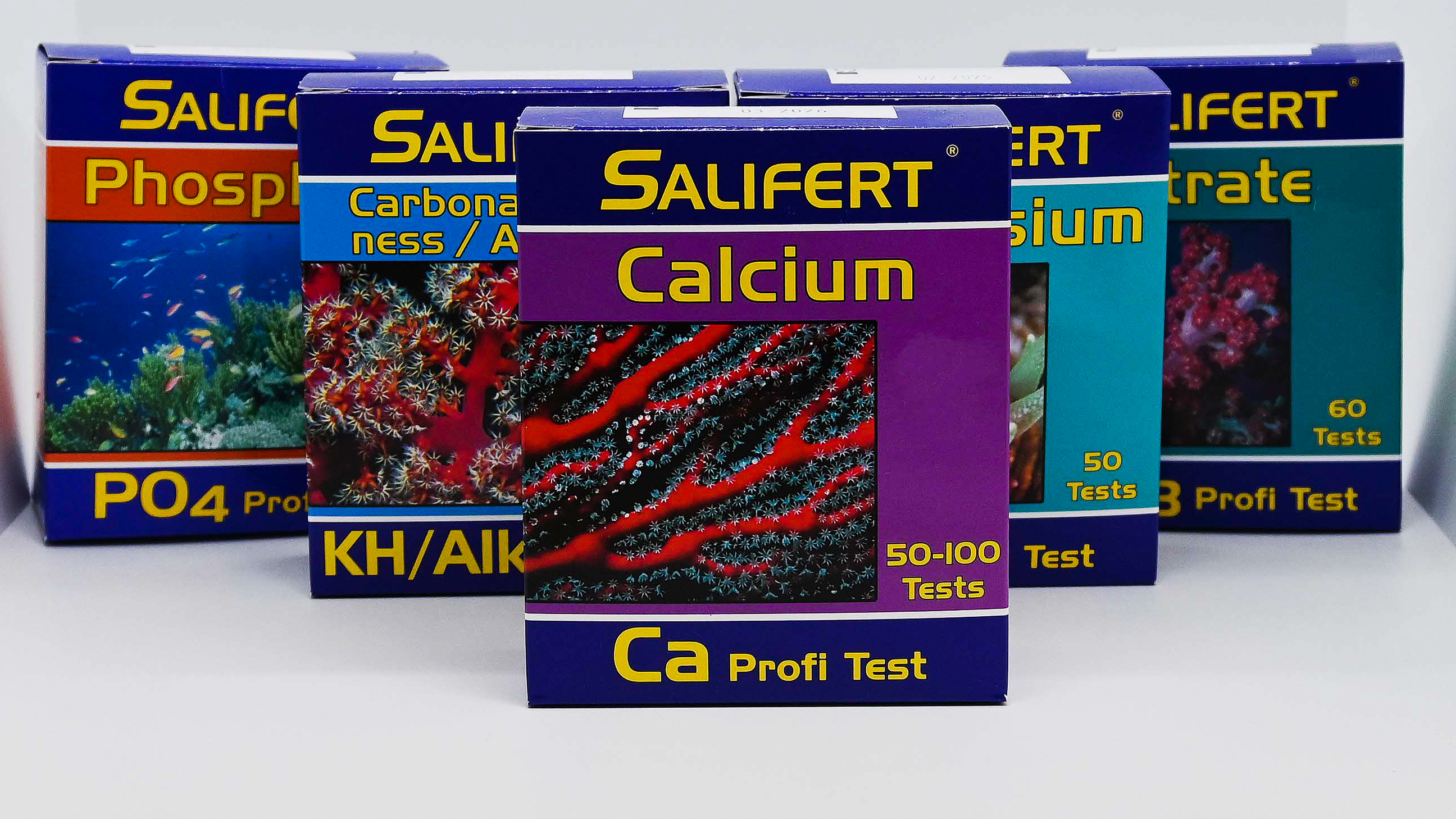Dennerle Plant Care Basic Root 20x Fertilizer
- Low stock - 9 items left
- Inventory on the way
Macro-nutrient Fertilizer for Demanding Planted Aquariums
If you want to create a healthy and flourishing planted environment, it's best to use Dennerle Plant Care NPK fertilizer. This fertilizer contains important macro-nutrients like nitrate, phosphate, and potassium that can help regulate levels and prevent the growth of unwanted algae.
Highlights:
- Macronutrient fertilizer for heavily planted aquaria with low fish stocking
- With nitrate (NO3), phosphate (PO4), and potassium (K) plus magnesium (Mg)
- For splendid plants and intensely bright colors
- Immediate and long-term effect
- Scientifically tested and optimized according to nature‘s example
- Available in 250ml and 500ml sizes
Macro-nutrient Fertilizers for Aquariums With or Without Low Fish Stocking
The three main macro-nutrients, nitrogen (known as nitrate), phosphorus (known as phosphate), and potassium (known as K), are incredibly significant in aquariums. In normal, planted community aquariums, adding nitrogen and phosphorus is usually unnecessary as these substances are adequately provided through food and fish excretions. However, in demanding planted aquariums or aquascaping aquariums, the situation is different. These types of aquariums have a higher nutrient requirement, particularly for macro-nutrients. If there is no or low fish stocking, N or P deficiency can occur, and K deficiency is also possible, but less frequently. This is because potassium is always present in some quantity in tap water and is regularly introduced via complete iron fertilizers like Plant Care Pro. Therefore, it is essential to keep an eye on macro-nutrients and supplement them if necessary in demanding plant aquariums. It is crucial to maintain biological balance while using an NPK fertilizer. Plant Care NPK nutrient ratios are chosen to ensure the plants equally absorb all three macro-nutrients. This way, even with long-term and regular use, there will be no deficiency or detrimental accumulation of individual nutrients. It is crucial to avoid nutrient imbalances as they usually result in algae problems.
When to Use Plant Care NPK?
The nutrient consumption of each aquarium is specific to the quantity and species of plants, animal stocking, feeding, water changes, and growth conditions. Factors such as light quantity, CO2 addition, and filter technology also play a role. To determine the required NPK addition, it is essential to assess each aquarium individually. Plant Care NPK should only be used when there is a real deficiency of macronutrients. It is recommended to measure nitrate and/or phosphate content weekly and dose Plant Care NPK accordingly. Measuring the potassium content of the aquarium water is usually not necessary, as tap water plus Plant Care Pro and Plant Care NPK supply sufficient potassium. Overdosing potassium is hardly possible and is typically not harmful. However, significant overdosing of nitrate and phosphate can promote algae growth. Therefore, it is essential not to use Plant Care NPK without first measuring the nitrate and, ideally, also the phosphate content. Measuring the nitrate content alone will suffice in practice as a basis for deciding on NPK fertilization and dosage. Simple immersion tests, like the Dennerle WaterTest 6in1, can be used for this purpose.
Dosage and Application
- Measure and fertilize your aquarium regularly for a few weeks to notice a pattern in the values and the macronutrients needed.
- Add a weekly dose of Plant Care NPK according to standard guidelines of 10 ml/100 L/week, which equates to adding 5 mg/L nitrate, 0.4 mg/L phosphate, and 2.5 mg/L potassium.
- If your tap water has high levels of nitrate or phosphate, avoid using Plant Care NPK to prevent nutrient imbalances. Instead, use Dennerle Plant Care N or P single-nutrient fertilizers to fill the nutrient gaps.
- The ideal nitrate-phosphate ratio should be between 10:1 and 15:1.
- If your tap water has low potassium levels, use Dennerle Plant Care K.
- Obtain the analysis values of your tap water from your local water supplier.
- Always use a macro-nutrient fertilizer with a micro-nutrient fertilizer for the best possible plant growth.
- Use Plant Care NPK with Plant Care Pro for a complete supply of nutrients.
The Universal Root Fertilizer
The Dennerle Plant Care Basic Root serves as a clay-based nutrient depot that all aquarium plants can benefit from, especially those that absorb nutrients through their roots. This product promotes growth for newly planted plants and rejuvenates older ones.
Highlights:
- Root nutrient depot for aquarium plants
- With iron and essential trace elements
- promote plant health and color
- Optimal for strong rooting plants, e.g. Cryptocoryne, Echinodorus
- Ideal as a starting aid and for precise re-fertilization
Safe start for newly established aquaria
During the growing phase, aquarium plants face several challenges, such as adjusting to new water and soil conditions and rebuilding their root network. However, fertilizer balls can help newly planted aquarium plants grow stronger and healthier from the beginning. These balls contain iron and essential trace elements that facilitate root formation, enabling the plant to anchor itself in the substrate rapidly. Additionally, a nutrient complex formulated to suit the plant's needs can help it adapt to the new conditions more quickly.
Fresh Growth for Older Planted Aquariums
Over time, the substrate in aquariums loses nutrients, leading to growth problems that cannot be fixed through normal water column fertilization. When this happens, it's time to regenerate the substrate. Plant Care Basic Root is designed to replenish the soil's nutrient reserves in a targeted way, filling in the gaps that develop as aquariums age, particularly when it comes to crucial trace elements.
Dosage:
Depending on the size of the plant, press 1 – 4 balls into the root area.


